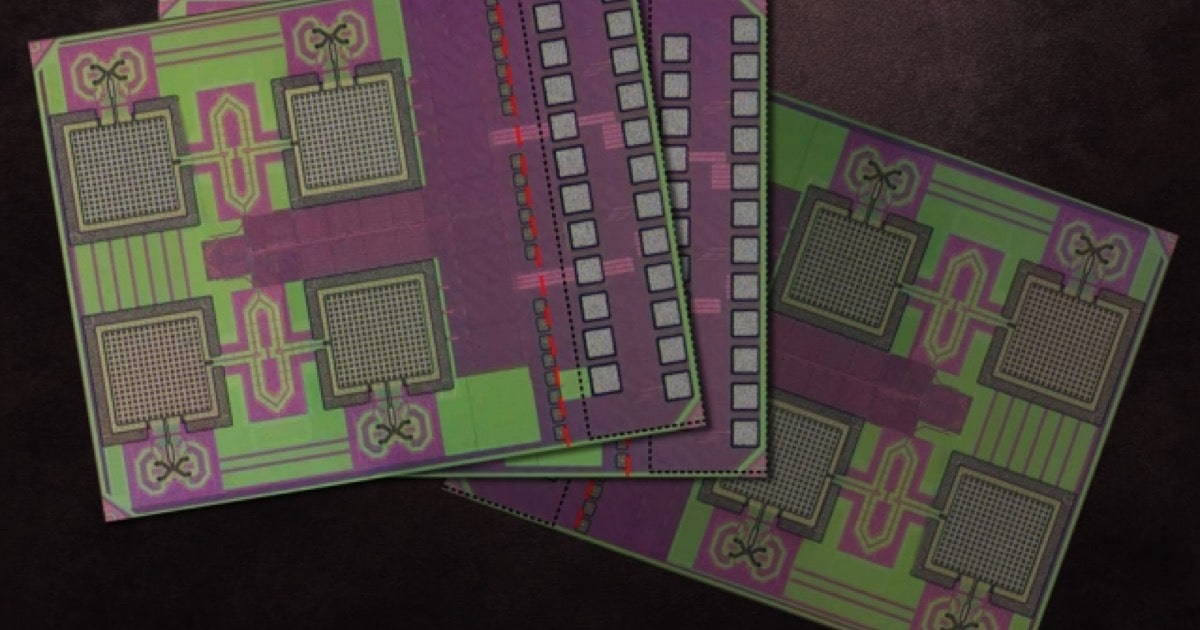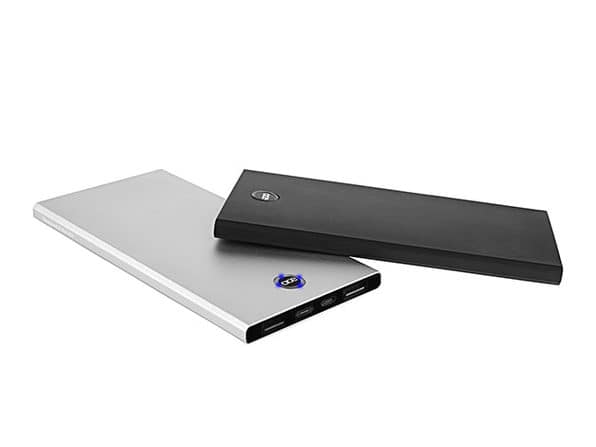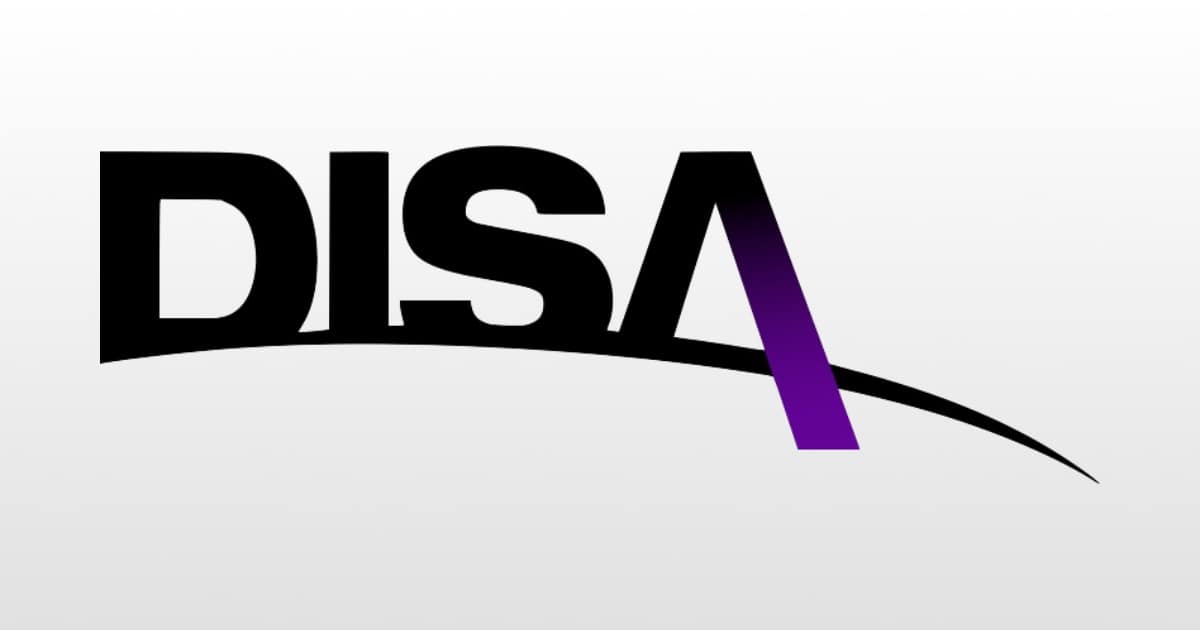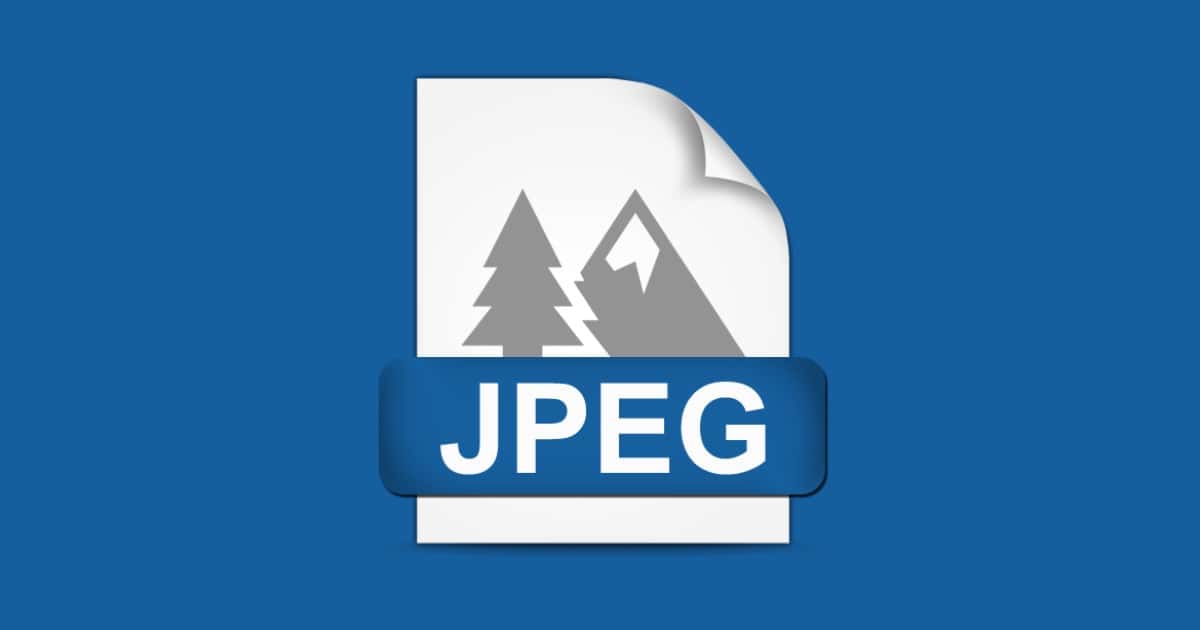Enter our new international giveaway for a chance to win the brand new iPhone 16 Pro.
Intuit Could Buy Credit Karma for $7 Billion
Financial services giant Inuit, which has products like TurboTax and Mint, is close to a deal to buy Credit Karma for US$7 billion.
There is a potentially significant business opportunity for Intuit if it completes a deal. For example, Intuit could try to match all the tax data its TurboTax customers provide with the credit-scoring data that Credit Karma holds.
That could let Intuit serve up better customer prospects to credit card issuers — and eventually let Intuit charge lenders more for access to its hoard of data.
Taming System Preferences, Podcasts, Email, and More – Mac Geek Gab 803
Sometimes things just get out of hand with your devices and need to be wrangled back into line. Today’s targets: System Preferences, the Podcasts app, IMAP email, and much more. Plus, some early replies on our search for the best way to tame our episode watch lists are already in, too! Listen as John and Dave talk through all of this, add some Cool Stuff Found, and more.
Exciting New Rumors: iMac and MacBook Pro for 2020
John has found some fascinating rumors regarding the 2020 iMacs and 13-inch MacBook Pro. Buckle up.
Tesla Begins Deforestation in Germany to Build New Gigafactory
Tesla has resumed cutting down trees in eastern Germany following local opposition, Reuters reported. The deforestation is so it can build an enormous factory in the area.
The U.S. electric carmaker last November said it will build a factory in Gruenheide in the eastern state of Brandenburg near Berlin, creating up to 12,000 jobs, a decision that was initially lauded as a vote of confidence in Germany. Tesla wants to start production in 2021, but environmentalists have exploited legal loopholes in the planning process to halt felling of trees until an environmental audit is finalised to gauge whether any rare species could be endangered.
These Tiny Chips Could Help Stop Counterfeits
MIT researchers created tiny (0.002 square inches) chips that could help combat supply chain counterfeiting.
It’s millimeter-sized and runs on relatively low levels of power supplied by photovoltaic diodes. It also transmits data at far ranges, using a power-free “backscatter” technique that operates at a frequency hundreds of times higher than RFIDs. Algorithm optimization techniques also enable the chip to run a popular cryptography scheme that guarantees secure communications using extremely low energy.
Sounds interesting. I wonder if these could be used for more than counterfeits.
Featured Image credit: MIT News
Earth 3D Brings Gorgeous Live Wallpapers to Your Mac
Earth 3D is a cool app we recently discovered in the Mac App Store. It gives you live wallpapers and screensavers of the earth.
Security Friday: Data Breaches, DNS – TMO Daily Observations 2020-02-21
Andrew Orr joins host Kelly Guimont for Security Friday, discussing a new data breach and keeping your ISP from selling your web history.
POWERSLIM6 6,000mAh Power Bank 2-Pack: $39.99
We have a deal on a 2-pack of POWERSLIM6 6,000mAh Power Banks. Both portable batteries have 6,000mAh of capacity, 2 USB charging ports, and 1 FastCharge 2A USB port. They charge via FastCharge 2A microUSB. You get two of these devices for $39.99 through our deal.
Safari Will Stop Accepting HTTPS Certificates That Last Longer Than 13 Months
Safari is to stop accepting HTTPS certificates that are set to expire over 13-months after their creation date from September 2020.
SlickWraps Was Hacked, But Hasn’t Done Anything About It
SlickWraps makes skins for iPhones and Androids. It was recently hacked, but fortunately by a white hat hacker without malicious intentions. The story behind it is fascinating, especially because the company has blocked him and so far has failed to do anything about it.
To say I went to great lengths to treat SlickWraps equitably would be an understatement. Candidly, after the staggering number of primitive security flaws exhibited by their administrators (e.g. the vulnerability to Dirty COW, an exploit which was patched in 2016), I question whether they deserved the leniency I am about to describe.
Update: Other people are hacking the company too. One of them sent emails to SlickWraps customers, telling them to tweet and email the company, which responded to the incident on Twitter.
Google Search Reveals Private WhatsApp Groups
Google indexes links to WhatsApp group invites that may be private, meaning people can find and join them.
Motherboard used a number of specific Google searches to find invite links to WhatsApp groups. Some of the groups appear to not be overly sensitive or for a particular audience. Many of the links on Google lead to groups for sharing porn.
But others appear to be catered to specific groups. Motherboard entered one WhatsApp group chat that described itself as being for NGOs accredited by the United Nations. After joining, Motherboard was able to see a list of all 48 participants and their phone numbers.
Apple Maps Look Around Comes to Boston, Philadelphia, Washington D.C.
Apple Maps Look Around is coming to three new locations: Boston, Philadelphia, and Washington D.C., for people running iOS 13.
Google Removes Hundreds of App From Play Store For Violating Ads Policy
Google has removed almost 600 apps from its Play Store and monetization programs for violating its advertising policies.
T-Mobile and Sprint Hope to Close Merger by April 1
T-Mobile and Sprint could complete their merger sooner than perhaps expected. The firms are aiming to finalize the deal by April 1, 2020, MacRumors reported.
T-Mobile and Sprint are aiming to finish their merger by April 1 now that all legal issues have been resolved and regulatory approval has been granted, the two companies announced today. In a press release, Sprint and T-Mobile announced an amended business combination agreement that has been approved by the Boards of Directors of T-Mobile and Sprint. Under the terms of the amendment, T-Mobile parent company Deutsche Telekom will get a slightly higher ownership stake in the new company.
Apple TV+ Show 'Shantram' Halts Prodcution
Production on the forthcoming Apple TV+ show Shantaram has been halted due to writing delays and concerns about the weather.
Here’s How to Block Apple News+ Magazines
Andrew found that the Today tab in News is filled with News+ content, despite not being subscribed. But he found a way to block News+ magazines.
FCC Forced to Get Public Opinion on Net Neutrality
A court order is forcing the FCC to once again ask the public’s opinion on whether gutting net neutrality was a good idea. And just like last time, the agency is doing everything possible to distract, deflect, and defend.
In a reminder of just how petty federal telecoms regulation has become, the FCC can’t even take this implicit rebuke professionally. And so it attempted to hide the reality of the situation by flooding its announcements website on Wednesday with suddenly important news and describing the public comment period in the most obscure terms possible.
Defense Information Systems Agency Suffers Data Breach
Between May and July 2019 sensitive data like Social Security Numbers were stolen from servers belonging to the Defense Information Systems Agency (DISA), a U.S. defense agency. Earlier this month it notified victims.
The Defense Information Systems Agency has begun issuing letters to people whose personally identifiable information may have been compromised in a data breach on a system hosted by the agency. While there is no evidence to suggest that any of the potentially compromised PII was misused, DISA policy requires the agency to notify individuals whose personal data may have been compromised.
AI Could Build the Next JPEG Image Codec
The Joint Photographic Experts Group (JPEG) is exploring methods to use machine learning to create the next JPEG image codec.
In a recent meeting held in Sydney, the group released a call for evidence to explore AI-based methods to find a new image compression codec. The program, aptly named JPEG AI, was launched last year; with a special group to study neural-network-based image codecs.
Twitter Tests Fake News Warning System
Twitter is testing a fake news warning system on its platform. Bright labels will appear under tweets with misinformation.
Twitter confirmed that the leaked demo, which was accessible on a publicly available site, is one possible iteration of a new policy to target misinformation it plans to roll out March 5.
In this version, disinformation or misleading information posted by public figures will be corrected directly beneath the tweet by fact-checkers and journalists who are verified on the platform, and possibly other users who will participate in a new “community reports” feature, which the demo claims is “like Wikipedia.”
I could see “community reports” abused by Twitter trolls mass-reporting anything they disagree with as fake news. Hopefully Twitter builds a good system.
Apple Seeds Second iOS 13.4 Public Beta
Apple has released the second public beta for iOS 13.4 and iPadOS 13.4. Features coming include a new Mail toolbar and iCloud folder sharing.
Apple Music Albums, iPad Treats – TMO Daily Observations 2020-02-19
Charlotte Henry join host Kelly Guimont to discuss assorted iPad accessories, and how to hear a specific version of an album in Apple Music.
Coronavirus Fear Leads to 800 Staff at Apple Supplier Staying Home
SK Hynix, which supplies Apple with RAM, told 800 of its staff to stay home. It happened after it emerged that one trainee had been in contact with someone who was infected with coronavirus, AppleInsider reported.
SK Hynix on Thursday said it had requested 800 of its workers to quarantine themselves to prevent the spread of the coronavirus as a preventative measure. The precaution was made after the discovery one trainee had met a patient in Daegu, a city in South Korea that is at the center of an outbreak of the virus. The trainee was tested alongside another with symptoms of pneumonia, Reuters reports, though while neither were found to have the virus under the first test, a second is being performed to make sure. The company has also closed its training center and hospital in Incheon.
Microsoft Defender Advanced Threat Protection Coming to iOS
Microsoft’s Defender Advanced Threat Protection security software is coming to iOS, and will be previewed at the forthcoming RSA Conference.






















